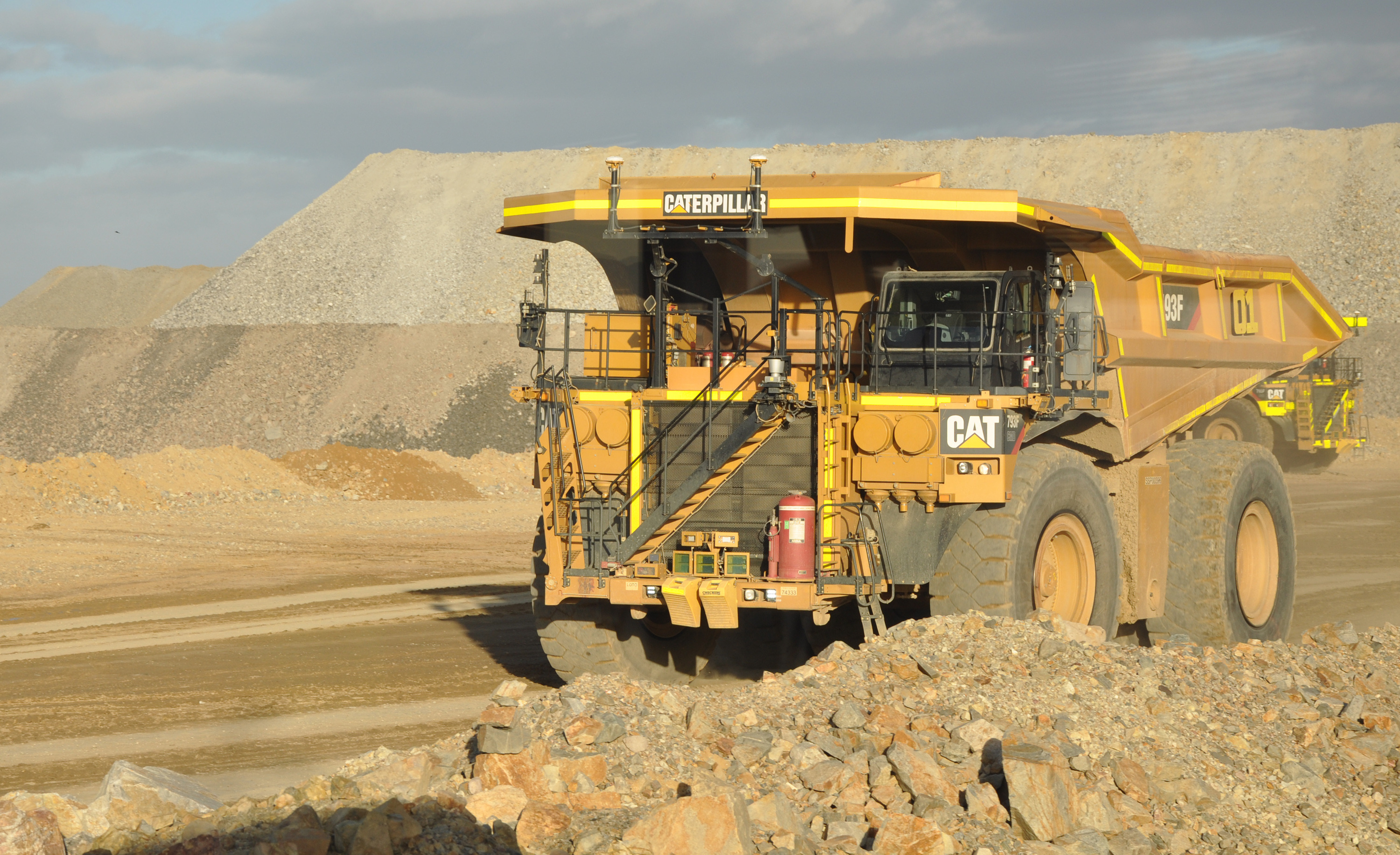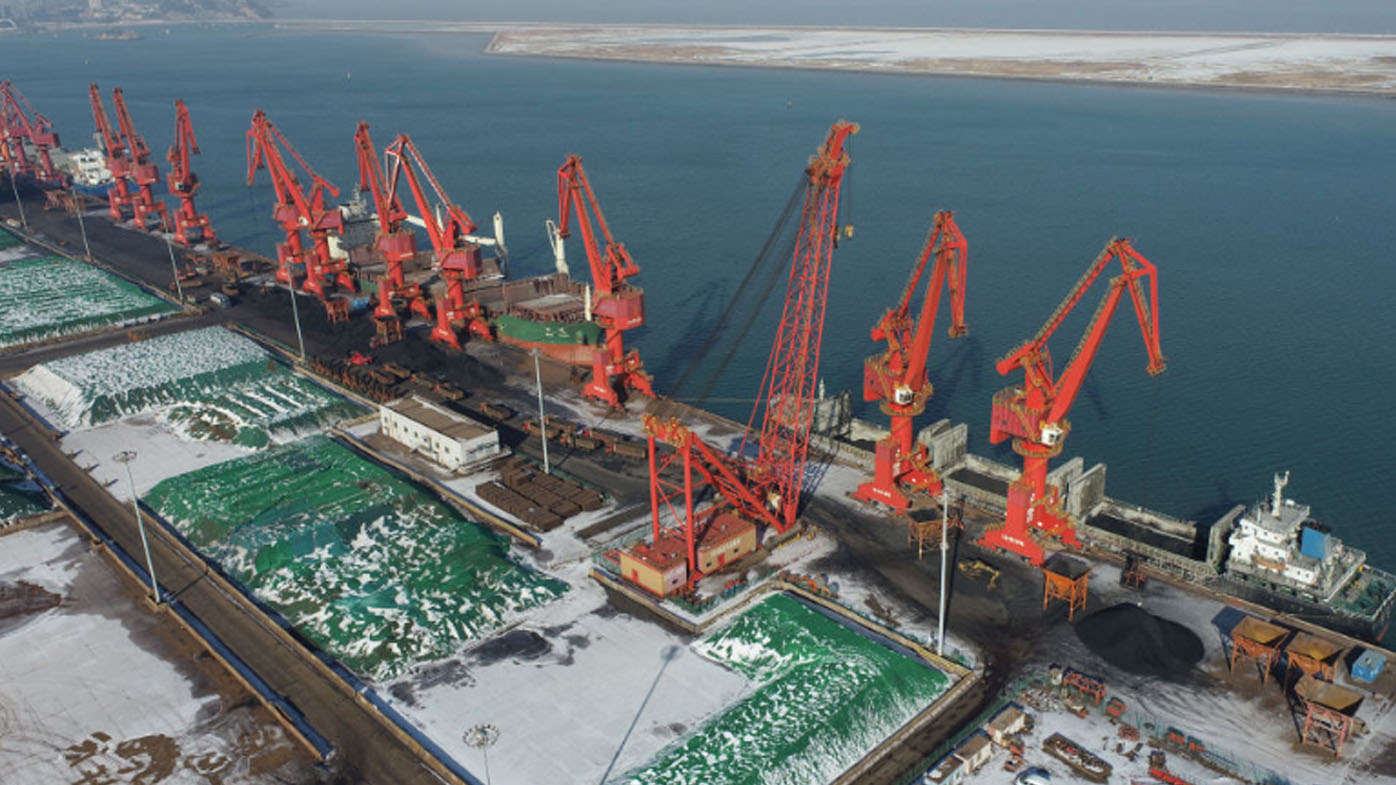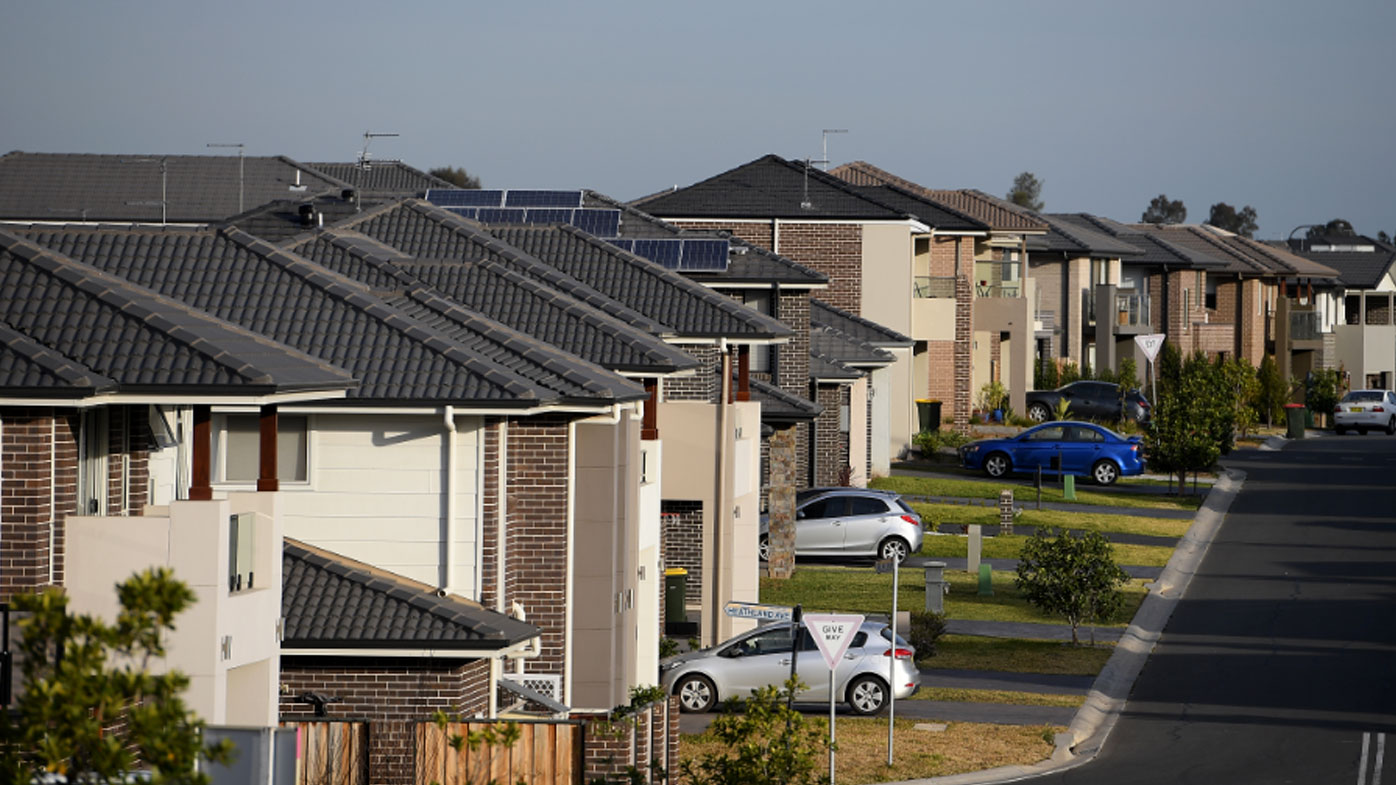China's push to diversify its iron ore supplies away from Australian miners is a case of "not if, but when", an expert warns, and one impact would be a hit to property prices here.
Iron ore - a key mineral in steelmaking - is Australia's top-earning export.
Aussie miners are currently enjoying boom times, with China buying 60 per cent of our iron ore to make steel for its massive infrastructure projects.
READ MORE: China's massive appetite for Australian iron ore shows no sign of ending

But China has signalled it wants to diversify its iron ore suppliers.
Chinese companies were last month urged by the National Development and Reform Commission to seek more overseas ore resources and broaden their sources of imports.
After Australia, Brazil is the next largest exporter, but supplies have been disrupted by an environmental disaster two years ago and the coronavirus pandemic.
While Australia's dominant position in the iron ore market looks secure for now, MB Fund and MB Super chief strategist David Llewellyn-Smith says it will inevitably decline.
"Whether China cuts off Australian iron ore is not in question," Mr Llewellyn-Smith wrote in MacroBusiness.
"Only the timing of it is.
"As well as what it will do to the Australian economy when it does."
Why is China seeking alternative iron ore supplies?
Mr Llewellyn-Smith says there are "three main drivers" behind the plan to diversify iron ore supplies.
Firstly, the "US/China cold war" is splitting the world into "liberal and illiberal economic blocs".
Australia supporting the US makes Chinese reliance upon our iron ore "strategically unviable", Mr Llewellyn-Smith wrote.
READ MORE: China wants to break dependency on Australia for iron ore

Secondly, Chinese economic growth, fired by massive construction projects, is tailing off.
"It can continue to overbuild but this is now hurting its long-term growth prospects as misallocated capital and debt kill off productivity. It must shift away from building as its primary growth driver," Mr Llewellyn-Smith wrote.
The third factor is down to internal Chinese politics and the decline of the Chinese Communist Party (CCP).
"CCP legitimacy will fail as the economy slows. It is already being replaced with deliberately stoked nationalism. This makes external conflict inevitable, most particularly in Taiwan," Mr Llewellyn-Smith wrote.
He forecasts the Chinese government will break the country's dependency on Australian iron ore some time over the "second half" of the 2020s.
What will be the impact on Australia?
Global iron ore prices would slump as "unimaginable" amounts of Aussie iron ore flood markets outside China, Mr Llewellyn-Smith wrote.
The scale of the economic effect is likely to be similar to 2015, when Australian economic growth slowed with the end of the mining boom.
The bigger hit, however, will be to national income.
Australia will reap at least $150 billion this year in export revenue from iron ore, "nearly all" of which will "be wiped out by the combination of volume and price pressure".
"Nominal growth will be crunched; inflation and wages will be hit for years; the budget will be a sea of red; mining stocks will fall; bonds yields will plunge; AUD will crash," Mr Llewellyn-Smith wrote.

READ MORE: Australian writer accused of spying in China says he was tortured
He also forecasts that house prices "would tumble" in Australia, "radically devaluing versus the world via the collapsing currency".
"How long that would last is the more interesting question. Presuming that AUD can keep on falling without creating inflation then there is no obvious immediate limit to it," Mr Llewellyn-Smith wrote.
But he also says the loss of the Chinese iron ore market would not be "the end of Australia".
"It would be a repeat of 2015, only permanent, but just as survivable."
